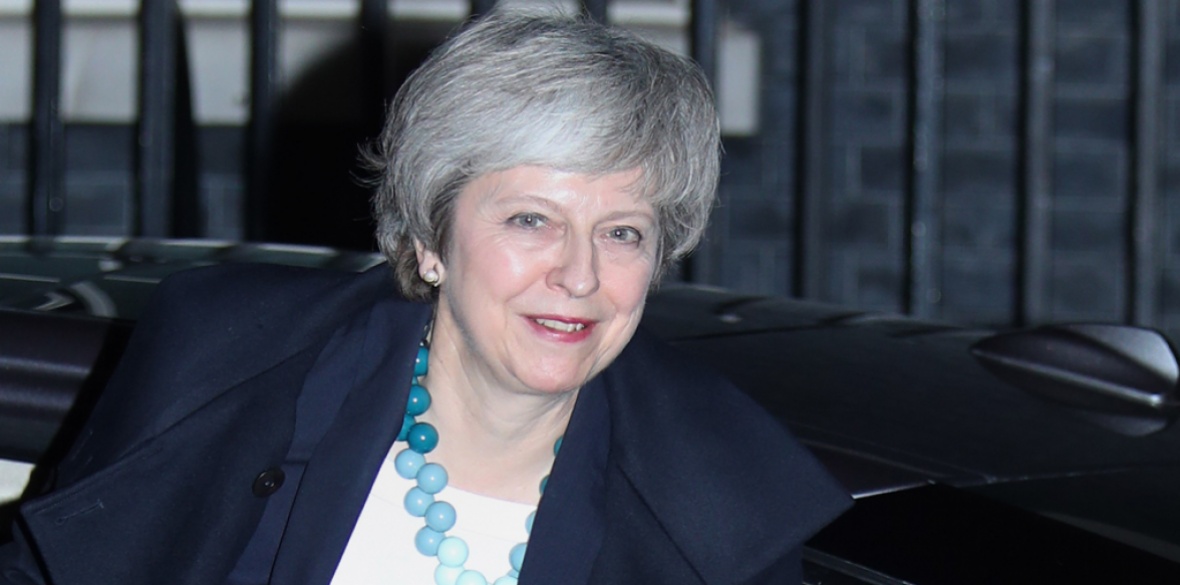This is the last article you can read this month
You can read more article this month
You can read more articles this month
Sorry your limit is up for this month
Reset on:
Please help support the Morning Star by subscribing here
PRIME MINISTER Theresa May would be expected to resign if MPs express no confidence in her leadership and this could trigger a general election if the Tories do not agree on a successor, a key Common committee confirmed today.
The Commons public administration and constitutional affairs committee said expression of no confidence in the government, whether in statutory or non-statutory terms, removes Ms May’s authority to govern and should prompt her departure under a statutory mechanism in the Fixed-term Parliaments Act.
The committee’s report said the Prime Minister would be expected to resign if a non-binding Commons resolution was backed by MPs, “unless that authority could be restored.”
She would then have to recommend a successor to the Queen and an election could be held should the Tories be unable to agree on a new leader.
In order to trigger a general election using the Act, more than half of MPs must first vote for a motion containing precise wording that declares “no confidence in the government.”
The government then has 14 days to pass a motion of confidence, with a general election following if it fails to do so.
The committee published the findings of its inquiry into the “Status and Effect of Confidence Motions and the Fixed-term Parliaments Act” after Ms May cancelled today’s Commons vote on her broadly unpopular Brexit deal.
Labour leader Jeremy Corbyn was urged this morning by Lib Dem leader Sir Vince Cable, Green Party MP Caroline Lucas, SNP leader in Westminster Ian Blackford and Plaid Cymru Westminster group leader Liz Saville Roberts to join them in tabling a formal vote of no confidence over her handling of EU withdrawal.
Labour chair Ian Lavery tweeted today that these parties have already admitted that they know tabling a motion for a vote of no confidence now “would fail.”
The DUP has confirmed it would support Ms May in any confidence vote, as have Tories critical of her deal such as Anna Soubry, meaning it would be unlikely to pass. But advocates of a second referendum believe pressure for one would be raised if Labour has tried and failed to remove the government.
This follows a Labour spokesperson saying yesterday that the party will table a motion “when we judge it most likely to be successful.”
Mr Lavery added: “They know a failed motion would unite the Tories, prevent us from getting a general election and keep this shambles of a Tory government in power.
“Theresa May has lost all authority. We are fully prepared to bring a no confidence motion for the purpose of defeating the government and forcing a general election.
“But we aren’t going to table one for the purpose of it being defeated, strengthening May and uniting Tories.”









